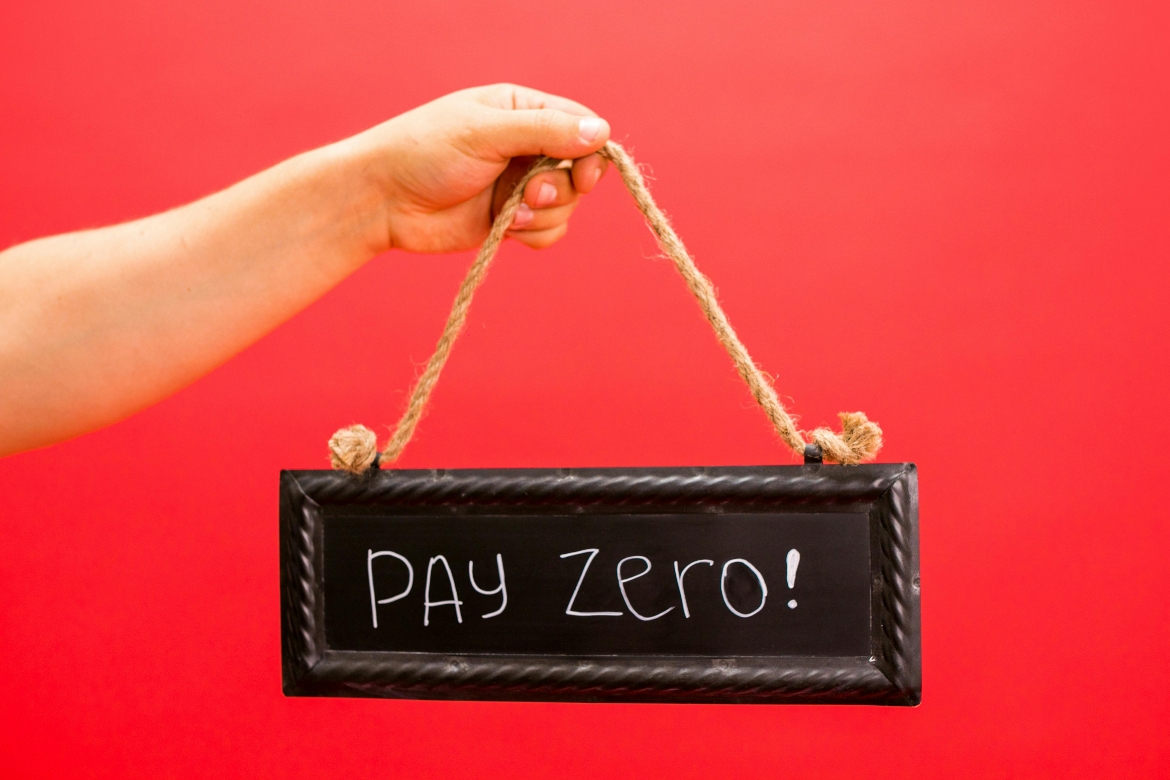When starting a website, you might be tempted to explore free hosting options to save costs. Free hosting can seem like an attractive choice, especially for hobby projects, small personal sites, or experimenting with web development. However, while free hosting is available, its reliability and limitations can significantly affect your website’s performance and long-term viability. Let’s delve into the world of free hosting to understand its pros, cons, and whether it’s a viable option for your needs.
What Are Free Hosting Options?
Free hosting services provide website hosting at no cost. These services are often offered by companies looking to attract users to their platform in the hope that they will eventually upgrade to a paid plan. Common free hosting platforms include providers like Wix, WordPress.com, Weebly, and 000WebHost.
What Do Free Hosting Providers Offer?
– **Basic Hosting Resources:** Limited storage, bandwidth, and server resources.
– **Subdomain Hosting:** Most free plans only allow you to host your website under a subdomain (e.g., yoursite.provider.com).
– **Pre-Designed Templates:** Access to basic templates to quickly build your site.
– **Advertisement Placement:** Many free hosting providers place ads on your website to cover costs.
Advantages of Free Hosting
Free hosting has a few notable benefits that make it appealing for certain users:
Cost Savings
As the name implies, free hosting allows you to launch a website without any financial commitment. This can be ideal for hobbyists, students, or those testing ideas.
Ease of Use
Most free hosting platforms offer user-friendly tools, such as drag-and-drop website builders, making them accessible even for individuals without technical skills.
No Long-Term Commitment
With no cost involved, you can experiment with creating and running a website without worrying about contracts or recurring payments.
Disadvantages of Free Hosting
Despite its appeal, free hosting comes with significant drawbacks that can limit its reliability and usability:
Limited Features and Resources
Free hosting plans usually come with strict limitations on storage space, bandwidth, and server performance. These constraints can hinder your website’s ability to handle traffic or grow.
Unprofessional Branding
Hosting your website on a subdomain provided by the hosting company can make your site look less professional. Additionally, ads placed by the provider can detract from your site’s appearance and user experience.
Lack of Customization
Free hosting platforms often restrict your ability to customize your website fully. Advanced features, custom coding, or additional plugins may only be available on paid plans.
Security and Reliability Concerns
Free hosting services may not offer robust security measures or guarantees of uptime. If the hosting provider’s servers experience issues, your website could go offline without notice.
Data Ownership
Some free hosting platforms retain ownership of the data hosted on their servers, limiting your control over your content.
Are Free Hosting Options Reliable?
The reliability of free hosting varies greatly depending on the provider. While some platforms like WordPress.com and Wix are reputable and maintain consistent uptime, they still fall short in areas like scalability, customization, and ad-free experiences. For professional or business websites, these limitations can hinder credibility and performance.
For more experimental or personal use, free hosting may suffice, but keep in mind that migrating to a paid service later can involve additional time and effort.
When to Use Free Hosting
Free hosting is most suitable for:
– Personal projects or hobby sites with minimal traffic.
– Students learning web development.
– Testing or prototyping ideas before committing to a paid plan.
Conclusion
Free hosting can be a convenient way to get started with website creation, especially for small, non-critical projects. However, its limitations in resources, reliability, and customization make it unsuitable for professional or high-traffic websites. If you’re serious about your website’s performance and growth, consider investing in a paid hosting plan that offers the necessary features and support to ensure long-term success. By understanding the trade-offs, you can make an informed decision that aligns with your website’s goals and requirements.
